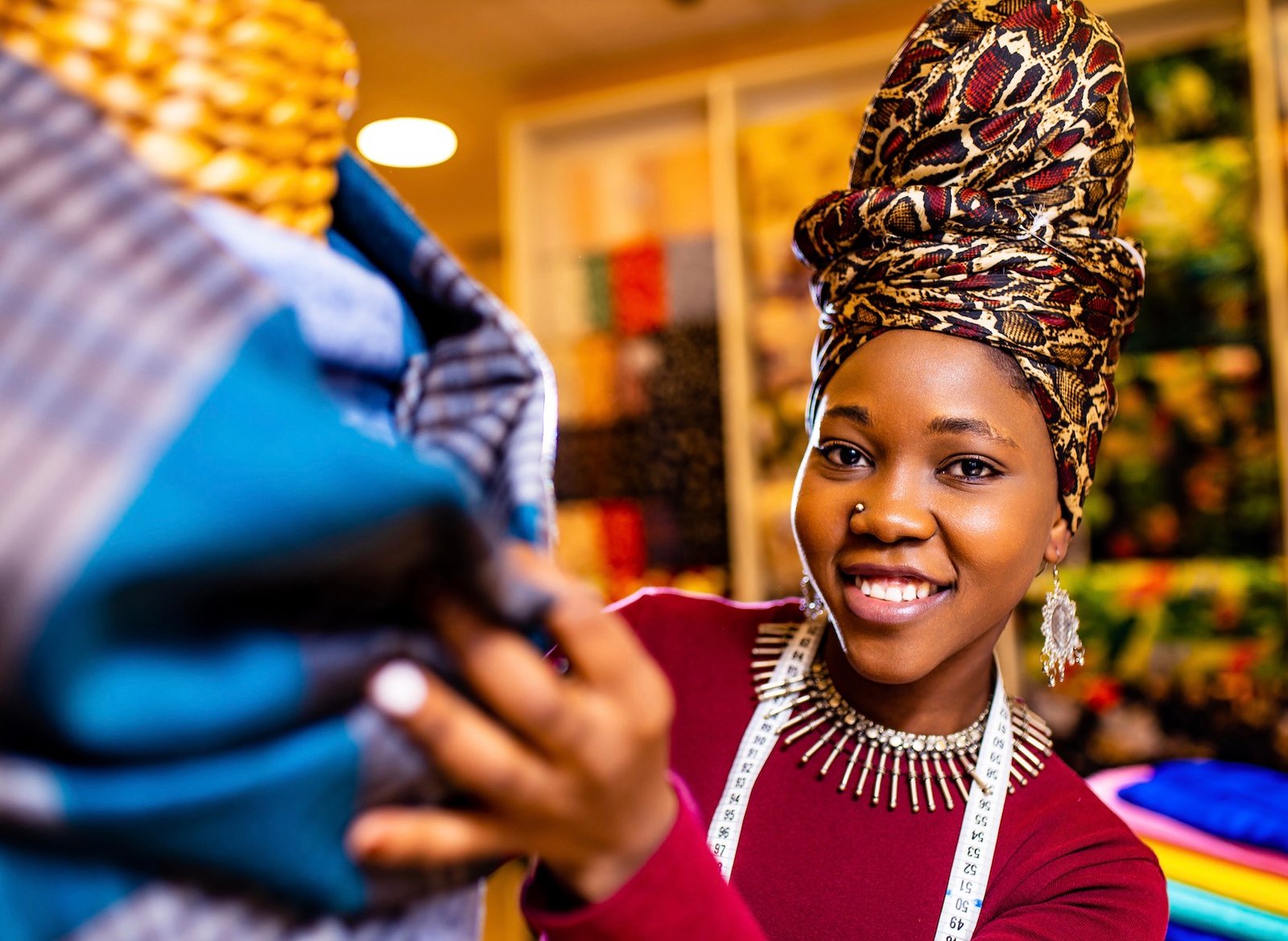Is lobola considered a customary marriage in South Africa?
No, lobola itself is not a customary marriage. Lobola, or bride price, is a traditional practice among many African cultures, including in South Africa, involving the payment of a bride price by the groom’s family to the bride’s family. It is a significant part of the marriage process under customary law, but it does not constitute a marriage by itself.
Read: What is Lobola Money Used for According to the Law
Understanding Lobola
Lobola serves as a token of appreciation and commitment from the groom’s family to the bride’s family. It is traditionally seen as a way of building relationships between the two families and is often a prerequisite to a customary marriage, but it is not the marriage itself. The process of lobola negotiations can be complex and involves discussions about the value and the form of the lobola, which may include cash, cattle, or other forms of payment.
Requirements for a Customary Marriage
For a marriage to be recognized under South African customary law, certain requirements must be met beyond the lobola. According to the Recognition of Customary Marriages Act 120 of 1998, a customary marriage occurs when the prospective spouses:
- Consent to be married under customary law and;
- The marriage must be negotiated and entered into or celebrated in accordance with customary law.
This includes the lobola agreement, but also requires other rituals and ceremonies that vary by culture. For example, the handing over of the bride (ukuthwala) is part of the customary procedures in some cultures.
Legal Status of Customary Marriages
Customary marriages in South Africa are legally recognized, provided they meet the necessary legal criteria outlined above and are registered according to the provisions of the law. Since the promulgation of the Recognition of Customary Marriages Act, parties to a customary marriage are required to register the marriage within three months of the celebration of the marriage.
Failure to register a customary marriage does not make it invalid if it complies with the other requirements of the law, but registration is important for legal recognition, especially in legal disputes relating to inheritance, divorce, or custody of children.
In summary, while lobola is a critical and respected tradition in the process of customary marriages, it is not sufficient on its own to constitute a legal marriage under South African law. Other steps must be followed to ensure the marriage is recognized legally.
Did You See These?
- Two Foreigners Getting Married in South Africa: Legal Guide
- Is it Legal to Marry Your Cousin in South Africa?
- Is the South African Position on Homosexuality based on Law or Morality?
- How do I prove my marriage is customary?
- Divorce Process in Unregistered Customary Marriage
- 8 Rights of a Woman in a Customary Marriage
- What is Lobola Money Used for According to the Law
- Spousal Maintenance during marriage South Africa
Disclaimer
The content presented on this website was originally created by the team at Legal Advice. All information related to legal firms and legal matters is based on "User Submitted Data", and or publicly accessible data available from more than one online sources. Should you have any concerns or disputes about the information provided, please feel free to reach out to us at hello@legaladvice.org.za.

